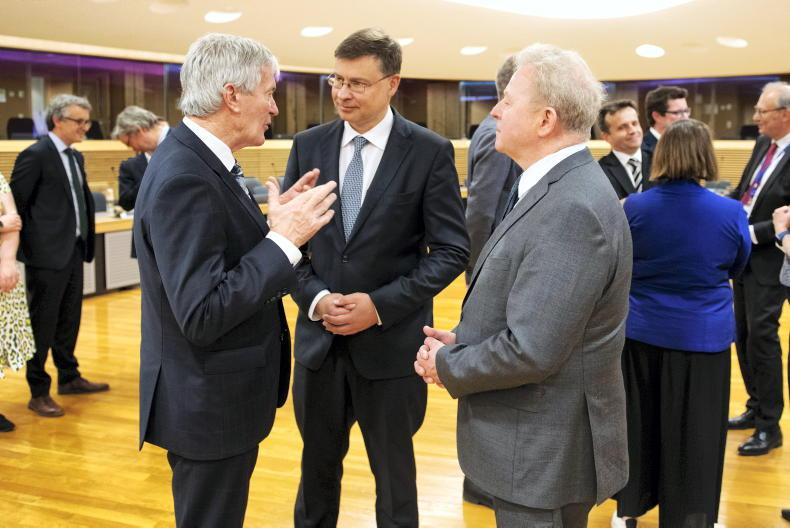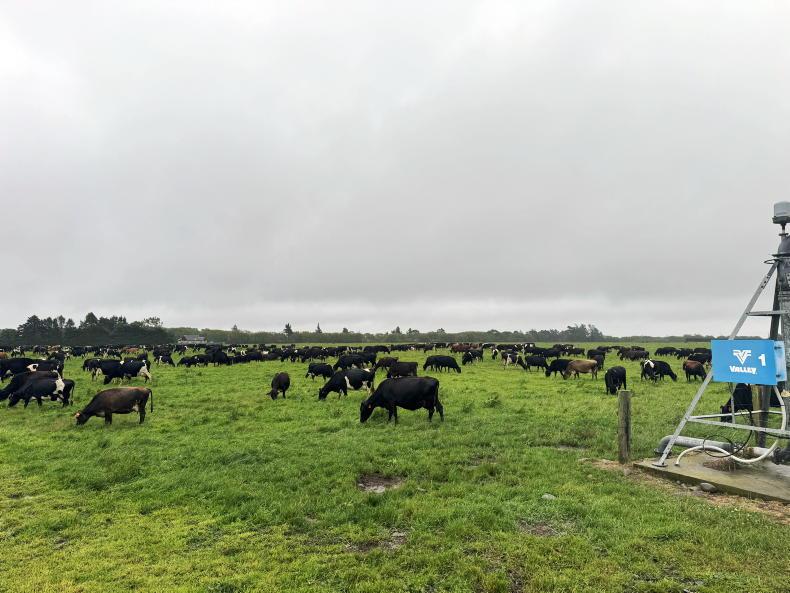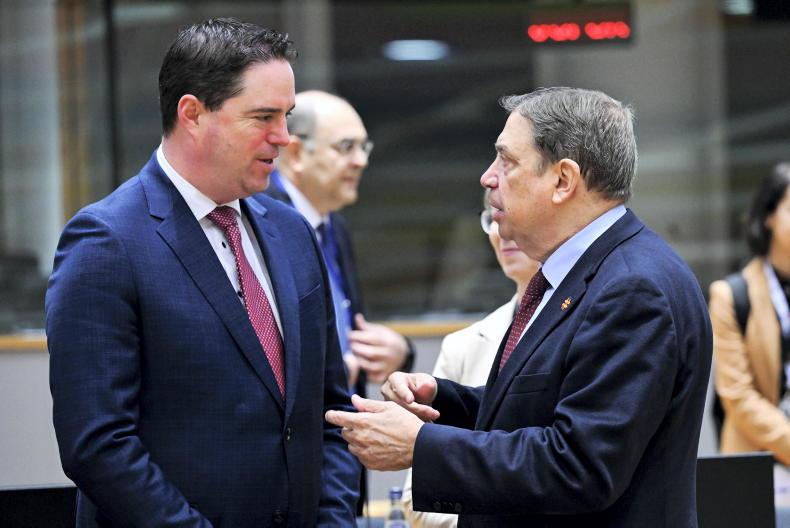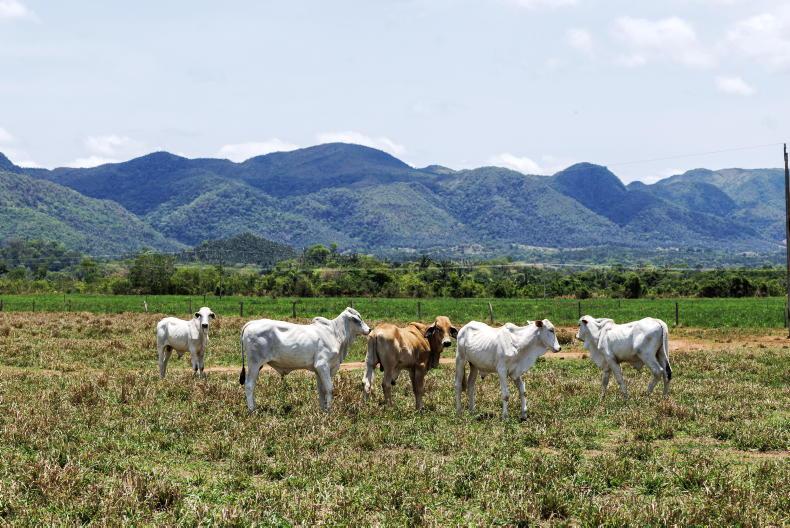New Zealand (NZ) will have improved access to EU markets for beef, sheepmeat and dairy products following the conclusion of a free-trade agreement (FTA).
The deal was concluded in Brussels at the end of last week following four years of negotiations.
It gives access to the EU for 97% of NZ products tariff free, with immediate effect for 91% as soon as the deal comes into effect following ratification.
Main details
Access for butter will be increased, with tariff reduced from 38% to 5% for 21,000t of the 47,177t quota under the EU’s WTO schedule.
An additional 15,000t at the same 5% tariff will be added to the quota over a period of seven years. For milk powders, a 15,000t quota with a preferential tariff of 20% will be phased in over seven years and a 3,500t whey quota will also be phased in over seven years with a zero tariff.
On cheese, New Zealand has secured an additional quota of 25,000t phased in over seven years while the existing 6,031t quota will have the tariff reduced from €170.60/t to zero.
New Zealand already had a 114,000t sheepmeat quota for the EU as part of the Brexit settlement with the UK and this has been enhanced by a further 38,000t duty free, phased in over seven years.
Access for beef increases from just over 1,100t with a 20% tariff to an additional 10,000t with a 7.5% tariff, with the tariff on the existing 846t quota also reduced to 7.5%. Again, this will be phased in over seven years.
Reaction
While reaction in Ireland to the deal has been muted so far, the European Dairy Association sees New Zealand as having “concluded an extremely favourable deal” relative to the respective sizes of each market and the structure of dairy farming and processing. Copa-Cogeca has commented that “painful compromises have been made on sensitive sectors” and that the deal “will increase our structural negative trade balance” (roughly €750m in 2021).
However, it is seen differently in New Zealand, with a negative reaction in a joint statement from both the Meat Industry Association (MIA), which represents processors and exporters, and Beef+Lamb New Zealand, the levy organisation which promotes New Zealand beef and sheepmeat.
MIA chief executive Sirma Karapeeva said: “We are extremely disappointed that this agreement does not deliver commercially meaningful access for our exporters, in particular for beef.”
In the same statement, Beef+Lamb New Zealand chief executive Sam McIvor said that “frankly speaking, the EU has not supported their consumers and failed to live up to their rhetoric of being free traders”.
Next steps
This completes the political side of the agreement. It now moves into the legal scrubbing and ratification phase.
This will at best take months if not longer and we can expect that it will be late 2023 or 2024 before the deal comes into effect.
Timing will also depend on the level of political opposition within the EU as Parliament as co-decision maker also has to ratify the deal.
The Mercosur deal agreed three years ago is still not ratified though the New Zealand deal is less controversial because of close alignment between EU and NZ standards.
Irish farmers and exporters will never be enthusiastic about a trade deal that offers increased access to their local market while offering little in return as New Zealand is a major agri food exporting nation of just 5m people.
With New Zealand negotiators having recently secured a virtually open door access to the UK for meat and dairy products, we can also understand how this deal with the EU will have failed to meet NZ expectations.
Ultimately, trade negotiations are dictated by some key factors – the negotiator with the largest market is in the dominant position unless there is a political desire by the larger negotiator to conclude a deal. This was the case with the UK and while the EU and New Zealand leaders emphasised how this is a balanced deal, access for New Zealand beef to the EU is a fraction of what Mercosur secured three years ago.
Ultimately while the deal will increase competition for Irish exports in the EU, the impact will be fraction of the impact that the UK FTA with New Zealand will have.










SHARING OPTIONS